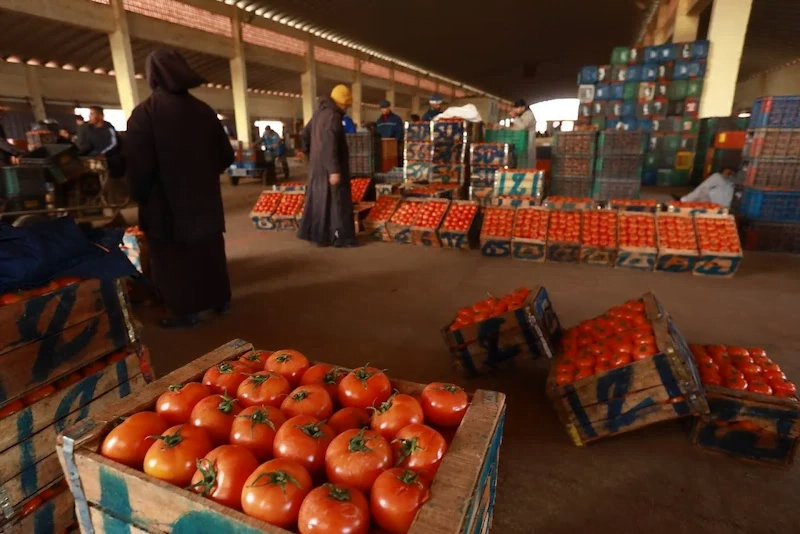The European Commission has addressed allegations of tax fraud in Moroccan tomato exports to the EU. Spanish MEP Carmen Crespo raised concerns regarding Morocco’s duty-free export limits. European Commissioner for Agriculture, Christophe Hansen, responded, stating, “These imports comply with the terms of the 2012 Association Agreement.” He clarified that Moroccan tomatoes exceeding the tariff quota remain legal if customs duties are paid.
From 2019 to 2024, customs authorities collected approximately €81 million in duties from these imports. Hansen acknowledged that Moroccan tomatoes have surpassed the agreed quota since 2019 but emphasized that such imports adhere to the trade agreement. “Out-of-quota imports are subject to customs duties and therefore comply with the agreement between Morocco and the EU,” he affirmed.
Read also: Мorocco and France set to sign agreement regulating tomato imports
Crespo had urged an investigation into what she termed as “fraud” due to exceeded duty-free quotas, estimating tax losses over €71.7 million since 2019. The EU’s response dismisses these allegations.
Morocco has expanded its tomato production by 17.36% from 2014 to 2023, increasing output from 1.23 billion kilos to 1.44 billion kilos, strengthening its position in the EU market, FreshPlaza notes. Spanish producers express concern over this competition, viewing it as a threat to their industry.
In February 2024, farmers in Algeciras, Spain, protested against Moroccan imports, citing unfair competition. Banners accused Morocco of market flooding with low-quality goods, reflecting broader frustration with non-EU competition.
Furthermore, as EastFruit previously reported, Moroccan exporters are actively exploring new opportunities beyond traditional markets. In April 2025, the FAO/EBRD-led project and FoodEx Morocco will organize a trade mission to Singapore and Malaysia, aiming to strengthen ties between Morocco—one of the world’s leading fresh and frozen produce suppliers—and Southeast Asia, a region experiencing steady growth in fruit and vegetable imports. This initiative will provide Moroccan exporters with valuable insights and access to emerging markets, reinforcing the country’s position as a global leader in premium-quality fruits and vegetables.




